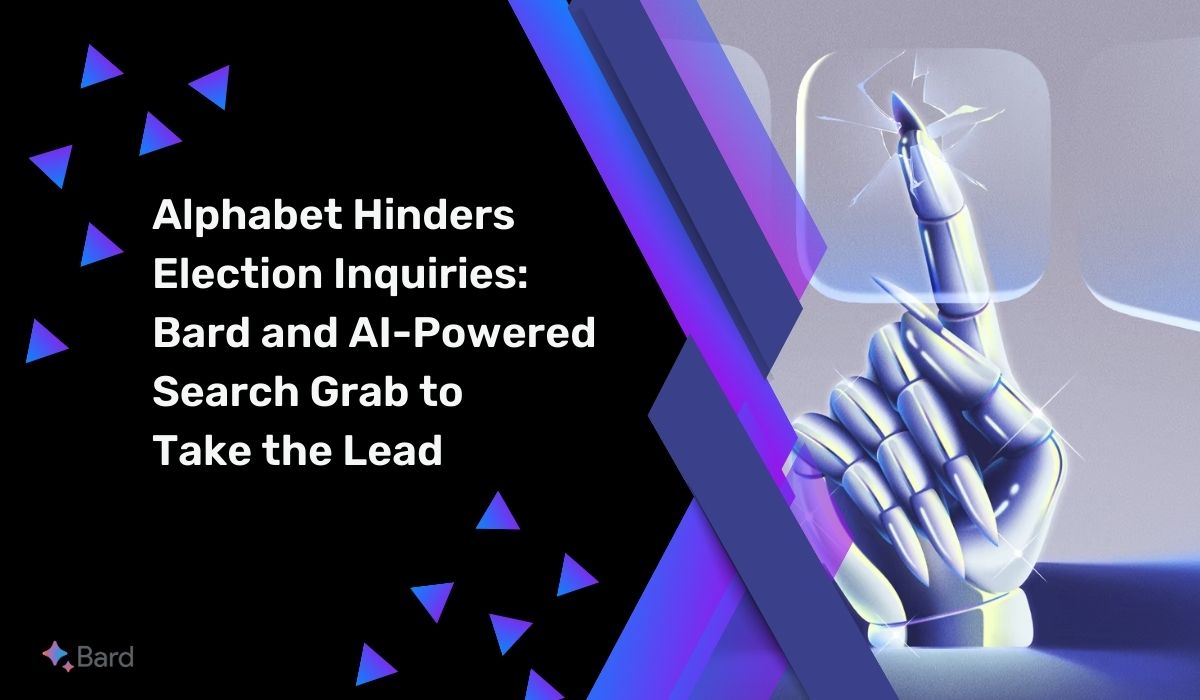
In a move aimed at safeguarding the integrity of upcoming elections, Alphabet's Google (GOOGL.O) announced on Tuesday its decision to impose restrictions on the types of election-related queries that its chatbot Bard and search generative experience can respond to. The limitations are scheduled to take effect by early 2024, coinciding with the run-up to the 2024 U.S. Presidential election.Apart from the United States, 2024 is poised to witness several pivotal elections globally, including national elections in India and South Africa. Acknowledging the significance of these events, Google emphasized its commitment to addressing the challenges posed by artificial intelligence (AI) in the context of elections.
The tech giant expressed its intention to collaborate with an augmented focus on understanding the role AI might play in serving both voters and election campaigns.Google's decision follows a similar stance taken by Meta (META.O), the parent company of Facebook, which, in November, announced restrictions on political campaigns and advertisers in regulated industries using its new generative AI advertising products. Moreover, advertisers on Meta platforms will be required to disclose the use of AI or other digital methods in altering or creating political, social, or election-related advertisements on Facebook and Instagram.In contrast, Elon Musk's social media platform X, currently under investigation by the European Union, declared in August its decision to permit political advertising in the U.S. from candidates and political parties.
This strategic shift is accompanied by an expansion of X's safety and elections team as part of preparations for the forthcoming U.S. election. Notably, political advertisements had been globally banned on X since 2019.The global landscape has witnessed governments advocating for the regulation of AI, citing concerns about its potential to spread misinformation. These efforts reflect a collective response to the challenges posed by AI, especially in the context of elections, as authorities seek to establish frameworks that mitigate risks and uphold democratic processes.